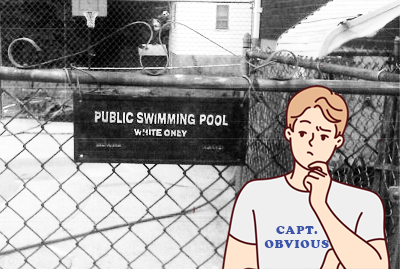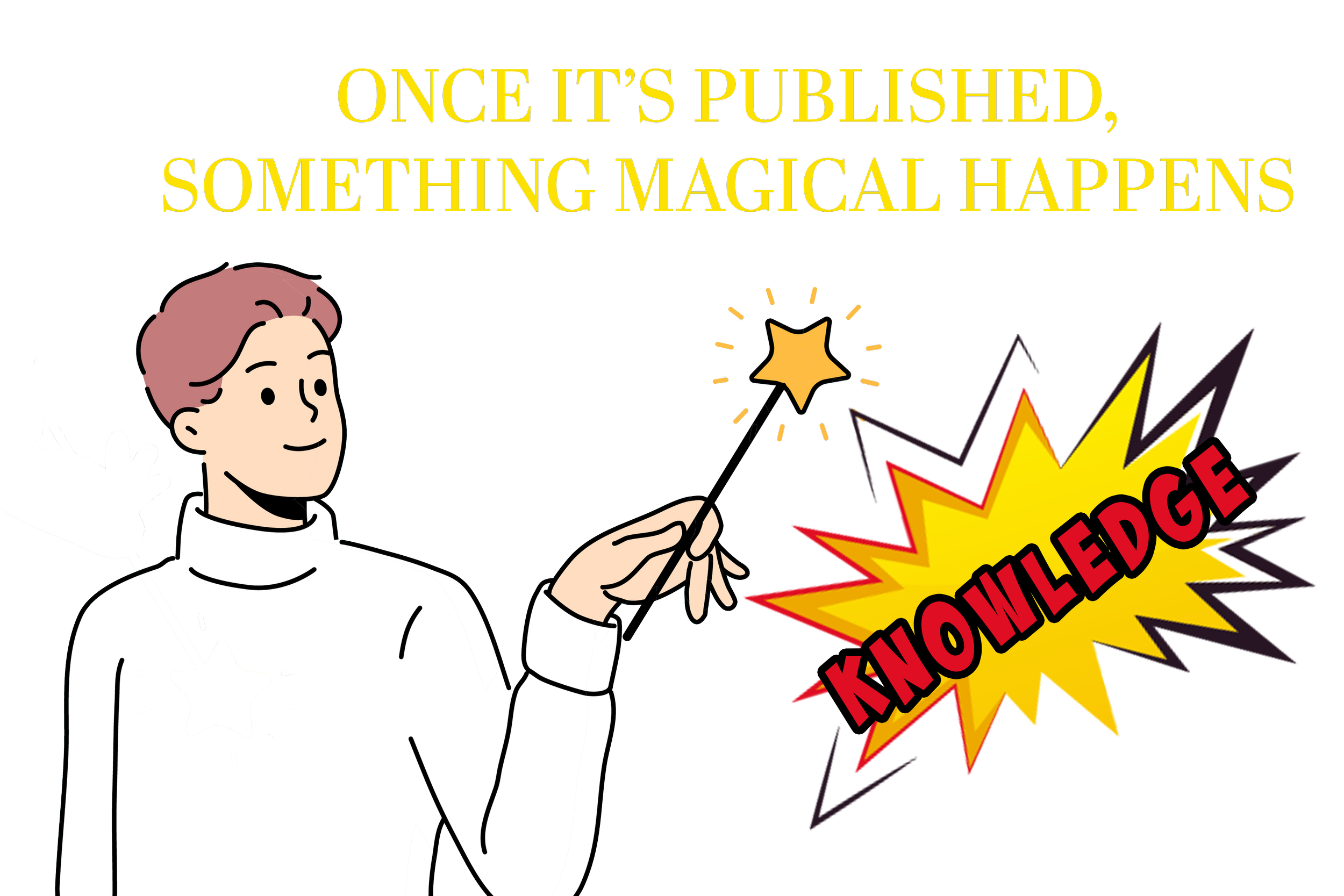History Is Written By _____
An old saying tells us that history is written by the victors. That is false. History is written by the published.
How is history knowledge made, exactly? It almost sounds like a cosmic question, akin to a question of faith. We just know what we know, right?
Nope. Not in the history profession. There’s a process. That process affects every Texan, even if we aren’t keenly aware of it. It affects what we read, what the press reports, what kids learn in school. This is the story of peer review and Texas history. It may sound boring but you have my word that it won’t be.
Here’s the condensed version of how knowledge is made:
Let’s say a historian - we’ll call him Jeff - believes that all Texas history is about racism and discrimination, so he chose that as his area of expertise. He has a thesis that Texas public swimming pools were segregated because of racism… during segregation.
(Don’t you dare click away. This has a happy ending.)
Jeff researches, interprets what he finds, then he writes an article. He’s pleased with it. He’s pleased with himself. But how will the rest of the world learn about Jeff’s racist swimming pools?
Jeff finds a scholarly journal suitable for an article about racist Texas swimming pools and submits his work for publication. It’s in the editor’s hands now.
If the editor doesn’t reject the article outright, it is assigned to an upcoming issue of the journal. The editor dons his thinking cap to select historians with deep knowledge of racism and/or swimming pools. Which historians are qualified to apply a critical eye to Jeff’s work? They will be the “peers” in the peer review.
The editor distributes Jeff’s article to the experts. They’re supposed to use their knowledge of what’s been written before about racism and swimming pools to critique Jeff’s work.
Did he prove his thesis?
Did he show his work by citing sources that support his statements?
Do the sources even say what Jeff claims they say? The peers should know or be willing to find out.
Is this new knowledge? Is this an original contribution to history?
Months later, the editor will send the reviews to Jeff along with an answer. “Yes, we’ll publish this as you wrote it” or “we’ll publish this if you make some changes.”
Jeff can say he’s published! In a refereed journal! This is huge for Jeff because it may drastically change how he’s viewed by his employer and his actual peer group. Jeff is much cooler now. Tenure may be within his grasp, depending on the prestige of the journal.
More important for our purposes, though, is this: Jeff’s article can now be cited. His assertion that Texas public swimming pools were segregated during segregation is now officially KNOWLEDGE!
The quality of historical knowledge is dependent on a profession that is supposed to be self-policing, keeping standards high via peer review of articles and books.
But what if the editor desires more career advancement among scholars of racist swimming pool history than, say, scholars of Texas hula hoop history? What if the expert peers share that bias against everything but swimming pool history? How would that skew knowledge production?
How might it impact the quality and veracity of what gets published?
If you’re reading this, I assume you’re no dummy and can see the ways in which this process can break down. It’s a human endeavor so, naturally, it can go wrong. Recent plagiarism scandals at once-respected universities are a testament to how it does go wrong.
When we understand the power over knowledge creation and career advancement that rests with editors, we better understand what’s going on in the history profession. We understand why activist historians go to great lengths to avoid losing roles that allow them to gatekeep what gets published.
So what happens when someone threatens that? When someone steps up and says, “We need scholars who write about Texas hula hoops AND racist swimming pools alike. We must create new knowledge of all Texas history. That’s the purpose of our journal.”
What then?
Well then, ladies and gents, the racist swimming pool scholars take their lifeguard whistles, abandon the Texas State Historical Association and its journal. They create a new organization for themselves and, as soon as they can figure out how it all works, they’ll publish their own journal where the “peers“ in peer review are all aligned ideologically.
True story.
They’re calling themselves Alliance for Texas History and tout their “21st century approach” to history. First official act? An awkwardly titled conference called “Looking Back/Moving Forward.”
As we all know, looking back while moving forward is a recipe for wandering into traffic.
The program included a tribute to Walter Buenger, who first wrote about his vision for 21st century Texas history in the late 1980s. A whiteness studies specialist hosted a panel on the present condition of the Texas history field and the other panel was about opposing the “master narrative.” Interestingly, all of the panels were chaired by white people. It’s only interesting because the group decries attacks on diversity and inclusion on the home page of its website.
Go figure.
When J.P. Bryan filed his lawsuit, one year ago today, he prevented activist historians from further subverting TSHA’s bylaws to retain their control of the organization and its journal. When he won that lawsuit, he re-opened the door for genuinely inclusive knowledge production about Texas history - swimming pools AND hula hoops, and every darn thing in between.
If you’re wondering why I chose hula hoops for my analogy, I’ll tell you. I had to choose something to rival the absurdity of “swimming pools were segregated during segregation,” the subject of a real article published in Southwestern Historical Quarterly before change came to TSHA.
The 21st century approach to Texas history is Walter Buenger’s 1989 approach to Texas history: if it ain’t about oppression, it ain’t worth publishing. In time, we’ll see what kind of knowledge is produced from the activist Alliance. Journal prestige matters in the academic world.
In the meantime, let’s be thankful that readers of TSHA’s journal are no longer being fed a strict diet of footnoted op-eds about racism, feminism, and homophobia, that end with calls for social justice action. There should be space for those topics, sans the activist calls to action, but those topics don’t represent the totality of our history or any history. The freedom for scholars to produce knowledge on all of our wild and wooly, complicated and beautiful history has returned.




